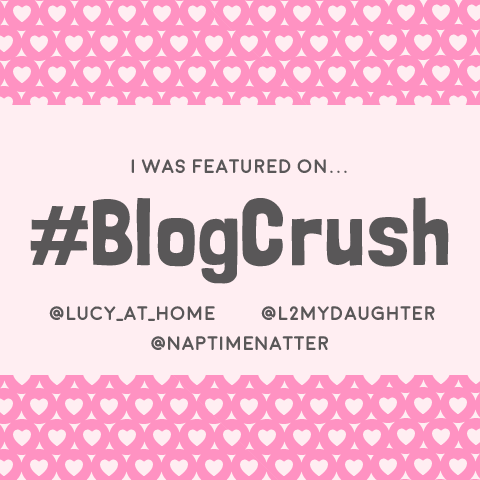Ro'i was turning 25, and his mum thought his birthday card should feature a picture of him from his recent trip to Vietnam. Since he is also studying theatre, she wondered if I could include something showing him rehearsing lines. In the end, she sent me a few photos from Ro'i's travels, and we agreed that a particular photo of him wearing a motorcycle helmet would be fun to use. In the photo, he is standing with his arms spread wide, enjoying the view - like a performer about to take a bow on stage. So, I decided to add red theatre curtains to the card while keeping the Vietnamese scenery in the background.
Nissan Nativ founded the renowned Nissan Nativ Acting Studio in 1963. Many of Israel's best known actors are alumni of the school.
Roi's mum was delighted with the card. "You did such a brilliant job on Roi's card! It put a smile on all our faces the minute we saw it! I can't wait for Ro'i to see it on his birthday!" she wrote to me.
Another customer requested a card for a 25th birthday; her daughter was celebrating her 25th in January. She asked me to include a bikini, chips (french fries), the Israel Air Force, a pakal kafe (coffee kit), and the number 25 on the card.
I decided to depict her daughter holding a plate of chips. To her left is the emblem of the Israel Air Force, commonly known as Kheil HaAvir, or Air Corps. The emblem features a sword and an olive branch surrounding a roundel, which displays a white Star of David on a blue circle. The sword symbolizes the air force's combat readiness and defensive strength, while the olive branch represents the ultimate goal and hope for peace. This combination - a sword wrapped in an olive branch - was originally the symbol of the Haganah, the pre-state paramilitary organization that served as the predecessor to the Israel Defense Forces (IDF). Wings, a common symbol in air force insignias worldwide, flank the sword and olive branch. The wings on the emblem symbolize flight, freedom, and protection, representing the Air Force's role in defending the skies and securing the nation from above.
On her right I added the number 25 to mark her age, and below that is the pakal kafe. The word pakal is actually an acronym of the words pkudat keva lechayal, which means "a fixed command for soldiers," that is - everything the soldier must have with him at all times. But as in many other cases, army acronyms and army slang receive other meanings outside of military life and one such example is pakal kafe - everything you might need in order to make coffee (or tea) outside. My eldest son uses his all the time!
Finally, I added a pink polka-dot bikini.
The word Brocha in the greeting on the card, "From day one to twenty-five, you've been our greatest Brocha", means "blessing".
* This post has been shared on Craft Schooling Sunday, Mosaic Monday, Happiness is Homemade, Busy Monday, The Good. The Random. The Fun., Inspire Me Monday, Tuesday Turn About and Wonderful Wednesday Blog Hop.















.png)































































